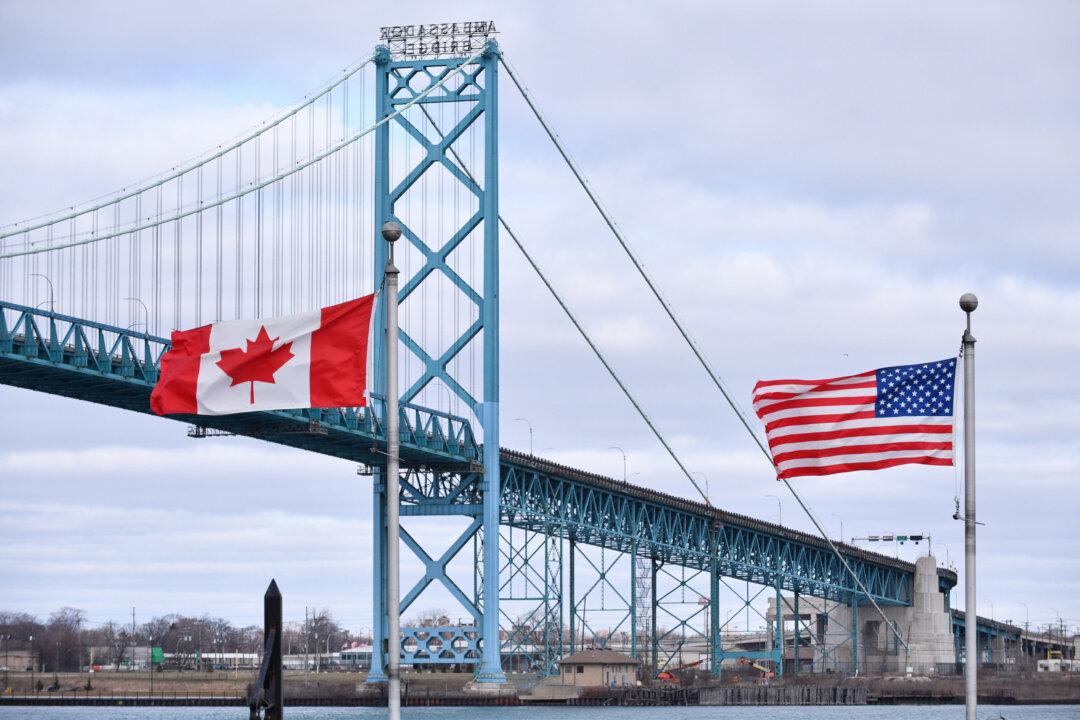Importing political attack methods and even certain derogatory words from south of the border is becoming more frequent, but is it effective for Canadian parties?
The latest trend has seen Liberal MPs and cabinet ministers accuse Conservative Leader Pierre Poilievre of being “weird,” echoing a strategy used by the Democrats in the United States. Some Tory MPs have in turn retorted with the same term, sharing policy items, quotes, or photos of the Liberals on social media and characterizing them as “weird.”





